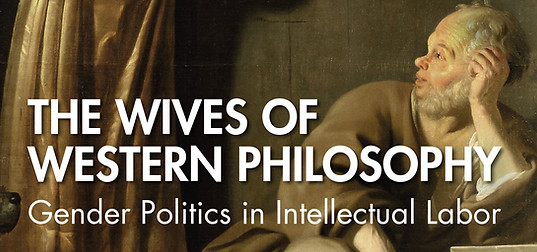Research
The Liberalism Trap: John Stuart Mill and Customs of Interpretation (Oxford University Press, 2023)
Recipient of the 2024 C.B. Macpherson Prize in Political Theory (CPSA)
The Liberalism Trap argues that the focus on liberalism has become a customary limit on our political imaginations. To examine the costs of that custom, I turn to John Stuart Mill-the so-called paradigmatic liberal. As I argue, Mill's famed liberal status is habitually substituted for his political arguments such that the now standard association of Mill with liberalism determines how and why he is read. My reading takes a break from that ready association. In a comparative reading of Mill's work concerning women's emancipation, class reform, and the British Empire, I instead find a thinker guided not by the ideological certainties he is often made out to represent, but by a politics of uncertainty-a politics which generated radical, gradualist, and paternalist strategies throughout his proposals on domestic and imperial questions.
The Wives of Western Philosophy examines the lives and experiences of the wives and women associated with nine distinct political thinkers—from Socrates to Marx—in order to explore the gendered patterns of intellectual labor that permeate the foundations of Western political thought. Organized chronologically and representative of three eras in the history of political thought (Ancient, Early Modern, and Modern), nine critical biographical chapters explore the everyday acts of intellectual labor and partnership involving these "wives of the canon." Taking seriously their narratives as intimate partners reveals that wives have labored in remarkable ways throughout the history of political thought.
What does the superhero—an icon of the American imaginary—communicate about the politics of violence? Responding to nationwide protests of police brutality in 2020, law enforcement officers adopted the skull logo of The Punisher, an exceptionally violent fictional vigilante. That adoption signals what I call the privilege of violence: the force individuals may deploy based on normative expectations concerning gender and race. Comparing Marvel-Netflix productions including The Punisher series, I identify three modes of violence in operation: the unrestricted rage of a white male vigilante, the vulnerability of a feminist heroine, and the sacrificial control of a Black male hero. The article demonstrates the gendered and racialized conditions under which heroic violence is rendered legitimate to American audiences. As I conclude, Punisher’s unrestricted violence valorizes white male grievance, and this is precisely what appeals to armed agents of the American state.
Though the story of the sexual contract emerged through studies of canonical male writers, that approach risks erasing women’s agency from view. It also detaches our understanding of the sexual contract and its regulatory institutions from the lived experiences and political insights of its subjected class. Reading through the perspectives of the contract’s male architects, in other words, renders women silent in a story about their own subordination. This chapter proposes an alternative: working with the extant writings of Harriet Taylor Mill (HTM), it recovers women as complex agents in the story of the sexual contract. Drawing on what I call HTM’s “experiential politics”—a politics derived through critical examinations of the everyday—the argument follows her study of marriage and motherhood in nineteenth-century England. Her observations outline how these institutions constructed women as subjects of the sexual contract, as well as the ways in which women consciously worked against and alongside their regulations.
The MCU is not only a product of contemporary politics, but many of its stories seem to be direct responses to the problems of the day. Racial injustice, environmental catastrophe, and political misinformation are not just contemporary social ills, they are also key thematic elements of recent MCU blockbusters. In The Politics of the Marvel Cinematic Universe, more than twenty-five leading scholars examine these complex themes.
From pseudonymous pamphleteers, to anonymous social media users, we examine how anonymity in public spaces can impact democratic politics.
Feminist Preoccupations: Liberalism as 'Method' in the Gender/Culture Debate.
Signs: Journal of Women in Culture and Society, 44(4): 955-977 (2019).
Recipient of the 2020 Okin-Young Award in Feminist Political Theory (APSA)
This article examines how preoccupations with liberalism have shaped scholarly work at the intersection of gender and culture. Through a comparative analysis of Susan Moller Okin and Saba Mahmood, I argue that those preoccupations keep scholars of gender in the space of ideological opposition, and displace opportunities for political collaboration.
Drawing on Mill's Autobiography to recover what I call his 'appreciation for uncertainty', I argue that Mill is a far more complex, and capacious political actor than is commonly depicted in contemporary studies of this famed liberal.
I argue that gendering practices within the field of political theory have made Harriet Taylor Mill one of the most recognized, and unjustly censured spouses of a canonical political figure (JS Mill).
"Hamilton and the Unsung Labors of Wives," with Jennifer Forestal.
Washington Post, August 6, 2020.

Democracy Dies in Darkness? Anonymity, Accountability, and Information as a Public Good, with Jennifer Forestal.
Under review
We examine the democratic utility and challenges of anonymously sourced information.











